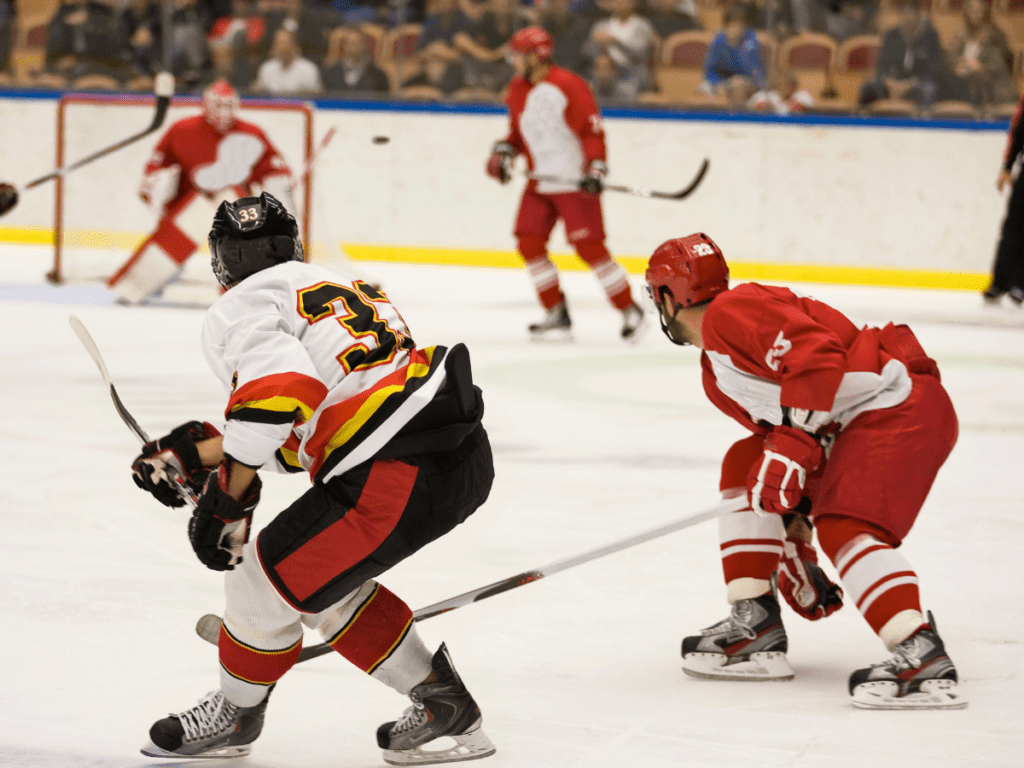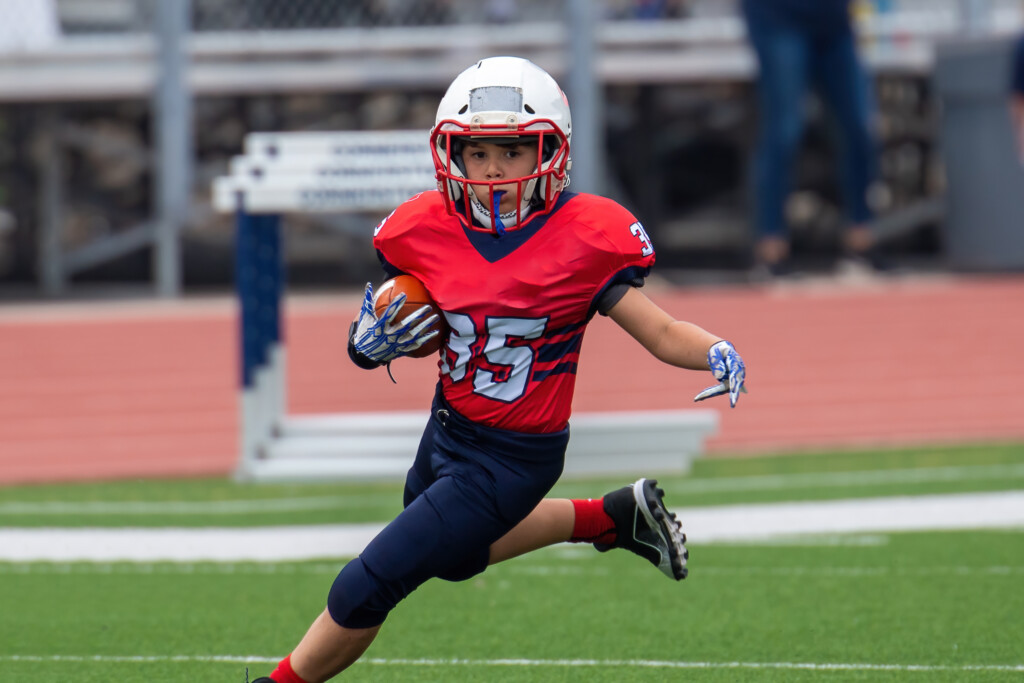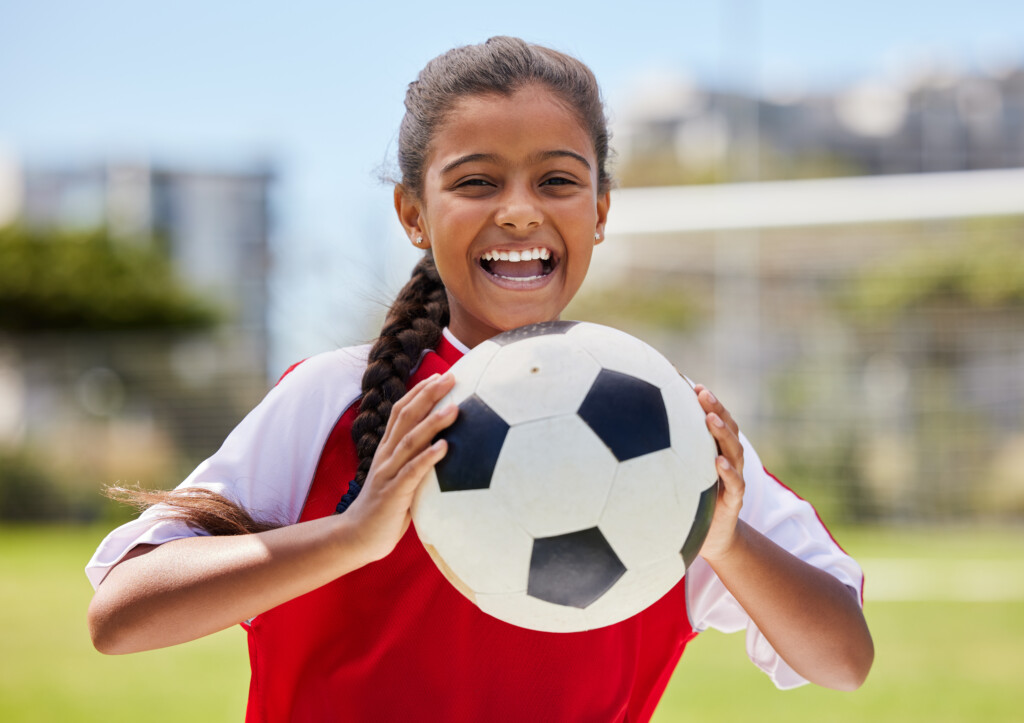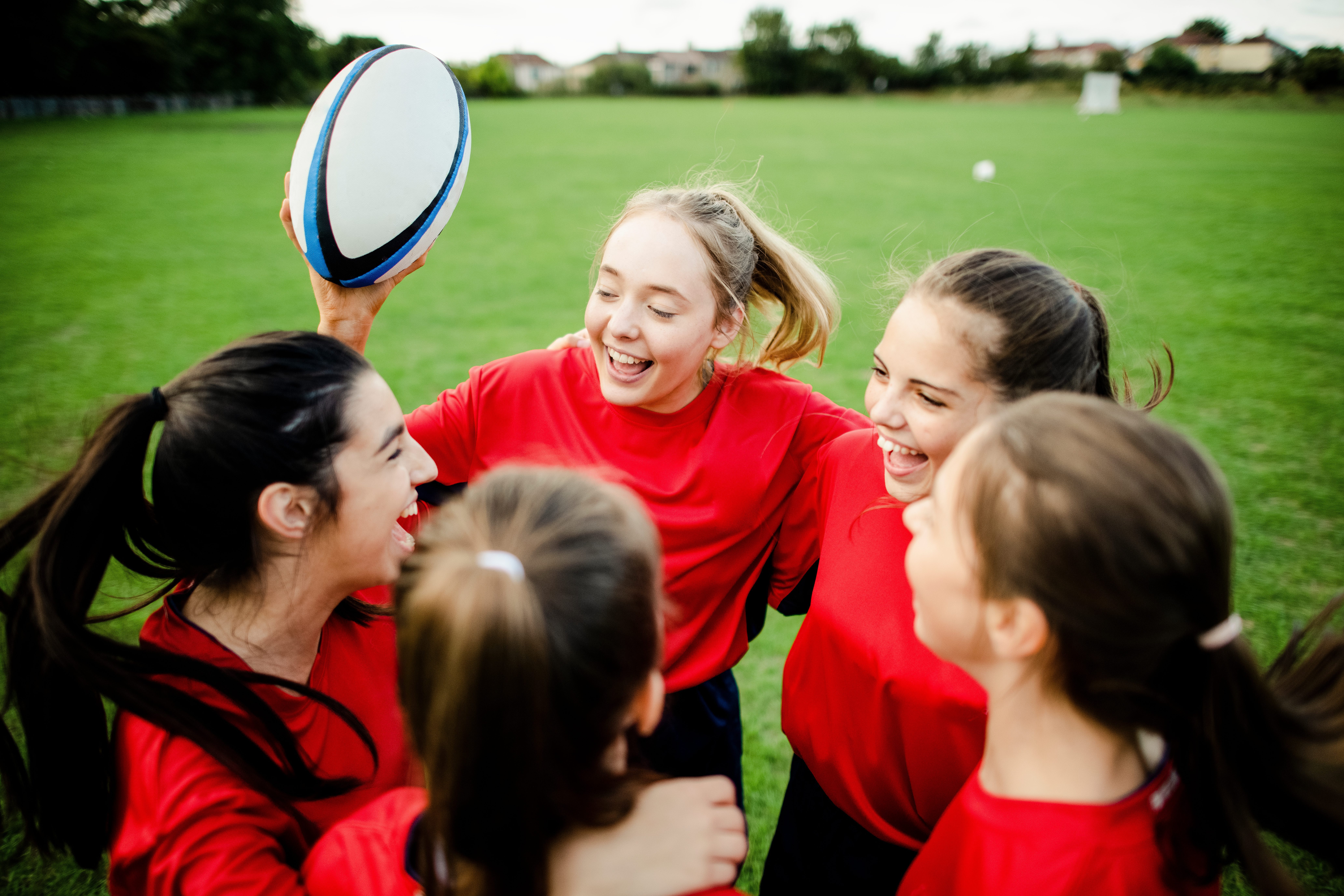Concussion
All sport participants play a vital role in detecting and managing concussions. Our resources include the latest research and best practices, as well as tools to support education and the development of policies and protocols.
Search Concussion Resources
Top 10 resources
- Consensus statement on concussion in sport: the 6th International Conference on Concussion in Sport
- Canadian Guideline on Concussion in Sport
- The new Consensus Statement on Concussions in Sport: What does it mean for sport leaders in Canada?
- Canada’s Concussion Roadmap
- Concussion Recognition Tool 6
- Sport Concussion Assessment Tool 6
- Child Sport Concussion Assessment Tool 6
- Concussion Policy Development in Canadian Sport
- Concussion Protocol Template
- NCCP Training Module Making Head Way in Sport

Featured resource
Dr. Scott Ramsay, Ph.D and Paula Baker

Featured resource
University of Calgary, Parachute Canada, and SIRC

Featured resource
Children's Hospital of Eastern Ontario Research Institute and SIRC
Quick Facts
How can someone recognize when an athlete has sustained a concussion?
A concussion can be caused by any contact to the head, neck or body which causes the brain to move within the skull. If an athlete was involved in a potential concussive event (for example, a fall or hit), they should be removed from play until cleared by a medical professional. Some of the common symptoms of a concussion to look out for include headaches, dizziness, sensitivity to light and difficulty remembering. The following tools help with the recognition of concussions:
What should someone do if they think an athlete has a concussion?
If an athlete is suspected to have sustained a concussion, they should be removed from play and referred to a medical professional for a concussion assessment. Athletes who continue to play after a concussion are at an increased risk of experiencing a second injury or a prolonged recovery.
What is Rowan's Law?
- Educate all sports participants (for example, athletes, parents, and coaches) about concussions using Ontario's Concussion Awareness Resources.
- Establish a Concussion Code of Conduct.
- Create Removal-from-Sport and Return-to-Sport protocols.
When can an athlete return to school or sport after a concussion?
Athletes should rest for an initial period of 24 to 48 hours after a concussion. After an initial rest period, they can begin to follow the appropriate return to school and sports guidelines with the support of a medical professional. The adult and pediatric living guidelines outline a gradual return to activity and recommend a full return to school before a full return to sport.
What is the role of a coach or official in concussion prevention, detection and management?
What can sport organizations do to better support concussions?
Concussion education is critical for all sport participants and can help ensure athletes get the support they need. To support concussion education and awareness, each National Sport Organization should have a concussion protocol and policy, which should also be shared by organizations at the local level. This resource
can be used to support the development of concussion policies. Additionally, organizations should promote concussion awareness through concussion education.
How can sports organizations lead the way in concussion prevention and management?
Having and using up-to-date and evidence-informed concussion policies and protocols are some of the best things that sports organizations can do to lead the way when it comes to concussions. To support the creation of policies and measure the impact that these policies have on concussions in sports, organizations should rely on research. Many sport organizations are leading the way when it comes to using research to inform their policies and partnering with researchers to measure the impact of these policies. For example, Rugby Ontario is working with researchers to understand the impact of their ‘Blue Card’ initiative on concussions in rugby, while Hockey Canada used recent research to create a policy disallowing body-checking in their youth leagues.
To learn more about some of the sports leading the way, explore the following resources:
Video Resources
The Amsterdam Consensus Statement on concussion in sport: What does it mean for sport leaders in Canada?
- Sport Information Resource Centre (SIRC)
- 2024
What is the Role of Education in Sport-Related Concussion Management & Prevention
- SIRC
- 2021
Psychosocial factors that athletes may face after a concussion
- University of Montreal and SIRC
- 2022
The new Consensus statement on concussions in sport: What it means for sport leaders in Canada
- University of Calgary, Parachute Canada, and SIRC
- 2024
Sport Concussion Education Tools: What they are, who they’re for, and where to find them?
- Coaching Association of Canada, Laval University, University of Calgary, BC Children's Hospital, Children's Hospital of Eastern Ontario Research Institute, Ottawa Hospital Research Institute and SIRC
- 2024
When is an athlete psychologically ready to return to sport following a concussion?
- Children's Hospital of Eastern Ontario Research Institute and SIRC
- 2023
Knowledge Nuggets
knowledge nuggets
New tools from the amsterdam consensus on youth concussion
The 2023 Amsterdam Consensus Statement introduced new tools to better care for kids with concussions. The Child SCAT6 helps assess symptoms in the first 72
The 2023 Amsterdam Consensus Statement introduced new tools to better care for kids with concussions. The Child SCAT6 helps assess symptoms in the first 72 hours, while the Child SCOAT6 supports follow-up for up to 30 days. With Concussion Awareness Week coming up, these advances show progress in protecting young athletes.
knowledge nuggets
Seeking care after a concussion
Seeking medical care after a concussion is key to recovery, but the timing matters too. Research shows that athletes who access care sooner are often
Seeking medical care after a concussion is key to recovery, but the timing matters too. Research shows that athletes who access care sooner are often cleared to return to sport more quickly, underscoring the importance of early medical referral after a concussion.
knowledge nuggets
Concussion recovery may take longer than symptoms suggest
Even when youth athletes felt fully recovered from a concussion, EEG scans sometimes showed altered brain activity lasting weeks or more. This study’s findings highlight
Even when youth athletes felt fully recovered from a concussion, EEG scans sometimes showed altered brain activity lasting weeks or more. This study’s findings highlight the importance of cautious return to play decisions and using tools, like EEG’s before resuming sport.
knowledge nuggets
Improving data collection for athletes with concussions
A systematic review of concussion studies found that only 15.5% of concussion studies reported participants’ cultural background, and just 7.6% included ethnicity. Of those, 70%
A systematic review of concussion studies found that only 15.5% of concussion studies reported participants’ cultural background, and just 7.6% included ethnicity. Of those, 70% were white. The authors note that race, ethnicity, and culture can influence access to care, symptom reporting, and recovery. Without this data, disparities may persist. Better demographic reporting can help create more inclusive and effective concussion care.
knowledge nuggets
Physical Activity and Concussion Recovery
After a concussion, current guidelines recommend an early return to physical activity if it does not make symptoms worse. A study found that a 20-minute
After a concussion, current guidelines recommend an early return to physical activity if it does not make symptoms worse. A study found that a 20-minute exercise session enhanced executive function in participants. Additionally, they reported a reduction in symptoms within 24 hours of the intervention. This reinforces that healthcare professionals can prescribe physical activity programs to promote post-concussion recovery.
knowledge nuggets
Concussion non-disclosure in women’s rugby
Disclosing concussion symptoms is crucial for proper recovery and to prevent a second impact. A study of female rugby players found that many conceal their
Disclosing concussion symptoms is crucial for proper recovery and to prevent a second impact. A study of female rugby players found that many conceal their symptoms due to concerns about work, limited awareness, and poor communication around concussion management. Recognizing these barriers can help team managers develop initiatives that encourage symptom disclosure and enhance education.
knowledge nuggets
Concussion Recovery and Psychosocial Factors
Athletes who have experienced a sport-related concussion may be at risk of persistent symptoms. A study of 353 young hockey players found that psychological distress
Athletes who have experienced a sport-related concussion may be at risk of persistent symptoms. A study of 353 young hockey players found that psychological distress related to concussion outcomes and a history of problems with peers before the injury were associated with slower recovery. Addressing these psychosocial factors could help support a quicker return to play.
knowledge nuggets
Knowledge and education on sport-related concussions
Several initiatives aim to educate athletes about sport-related concussions. A recent study involving 593 athletes found those who had received concussion education, experienced a concussion,
Several initiatives aim to educate athletes about sport-related concussions. A recent study involving 593 athletes found those who had received concussion education, experienced a concussion, or had access to medical staff demonstrated better knowledge. To enhance safety and awareness, tailored educational initiatives could be designed to reach athletes without access to medical support.
More concussion resources
|
|
|
|
|
|
|
|
|
|
|
|
|
|
